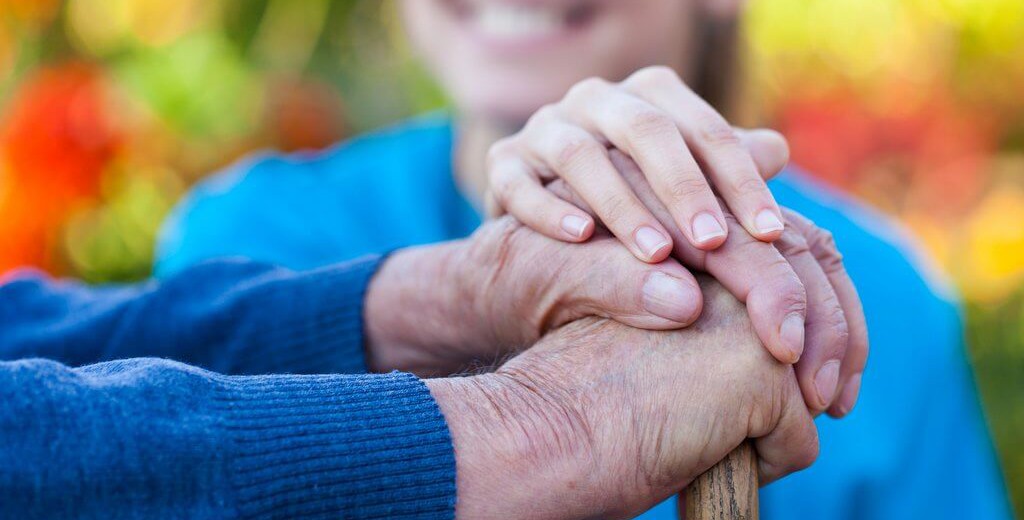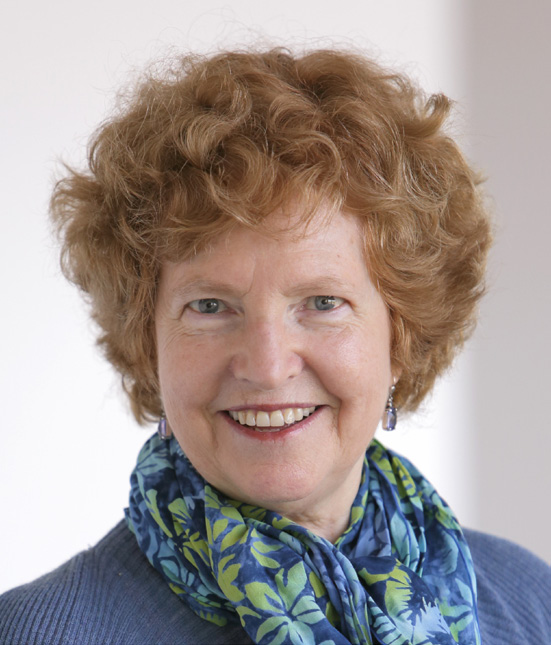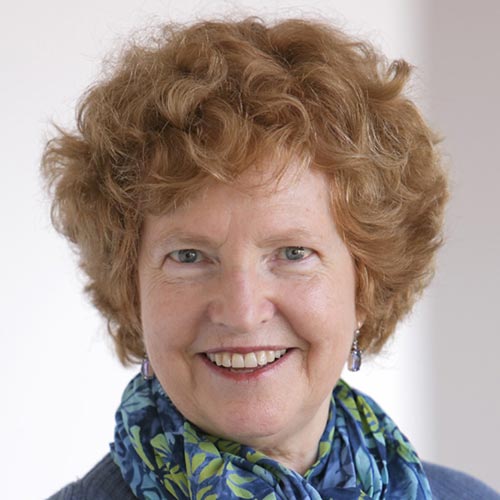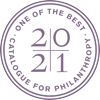This program is currently full. If you would like to join the wait list, please email programs@smithcenter.org.
Part 1/5. This program series is being offered virtually through Zoom.
You will receive the Zoom information no later than the morning of your program.
with Erin Price, LICSW, OSW-C, Sara Field, LICSW, OSW-C and Kiersten Gallagher
This program is provided thanks to generous funding from The Washington Home and offered in partnership between Smith Center for Healing and the Arts & the Ourisman Breast Center at MedStar Georgetown University Hospital.

This 5-session program uses evidence-based strategies to help decrease feelings of anxiety and depression and increase a sense of well-being. Each week new tools using cognitive and behavioral approaches and mind/body strategies will be introduced and practiced, therefore weekly attendance is expected.
NOTE: *Open to Cancer Patients/Survivors at any stage in their journey and Cancer Caregivers. Participants are encouraged to attend all 5 sessions to get the most out of the program. Before registering, be sure that you can commit to attending at least 4 of the 5 sessions.
Mind Over Matter* will be offered as a program series Weekly on Wednesdays from February 7th – March 6th, 2023, from 3:00 – 4:30pm ET via Zoom.
Program Dates:
- February 7, 14, 21, 28
- March 6
About Erin Price, MSW, LICSW, OSW-C
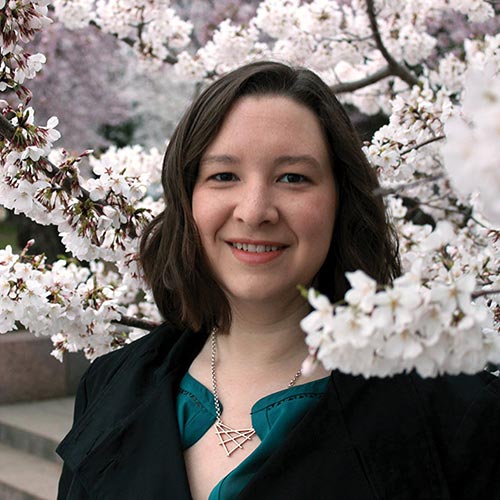
Erin serves as Smith Center’s Director of Young Adult and Psychosocial Support Programs. She is trained in Integrative Patient Navigation, a Project LEAD graduate, and holds a Masters in Social Work. A seven-year breast cancer survivor, Erin is passionate about providing support and community to other cancer survivors, especially young adults. She works with Smith Center’s DC Young Adult Cancer Community and is also actively involved in the cancer community through Young Survival Coalition, Critical Mass, the Georgetown Breast Cancer Advocates, National Breast Cancer Coalition, and the DC Cancer Action Partnership.
About Sara Field, MSW, LICSW, OSW-C
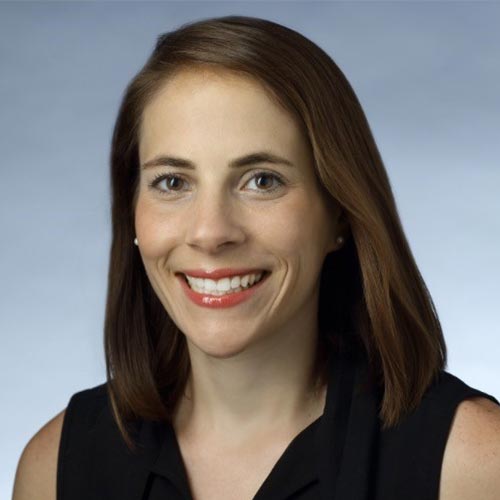
Sara is a Licensed Independent Clinical Social Worker in DC and holds an Oncology Social Work certification. She earned her Masters Degree in Social Work at the Catholic University of America in DC and has worked in oncology for over 6 years. Sara currently serves as the Clinical Social Worker and Patient Experience Supervisor at the Ourisman Breast Center at MedStar Georgetown and previously worked at the Lombardi Cancer Center and GW Cancer Center. Sara has a strong interest in the intersection of emotional and physical health and a particular passion for supporting parents with cancer and their kids.
About Kiersten Gallagher
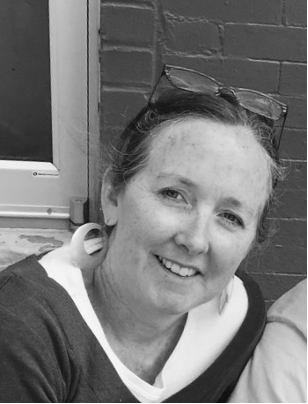
Kiersten has served as the Cancer Support Program Director for Smith Center since 2014. Before coming to Smith Center, she had the privilege to serve individuals and families living with cancer at Wellness House of Annapolis. Kiersten aims to offer programs to reduce stress and help participants to see the world we live in from different perspectives. She thoroughly enjoys teaching yoga and creativity classes at Smith Center and encourages gentle movement and creativity in the healing process. Kiersten is a certified yoga instructor through Yoga Alliance and also has her YCAT (Yoga Therapy in Cancer and Chronic Illness) Professional Certification through the Integral Yoga Academy. She has completed Patient Navigation training through Smith Center’s Institute for Integrative Oncology Navigation and has also completed the Commonweal Healing Circles: Advanced Cancer Support Training. Kiersten is also certified in CLIMB®(Children’s Lives Include Moments of Bravery) a program that aims to build upon the strengths of children and increase his/her ability to cope with stress associated with a parent’s illness. She believes in a holistic approach to healing, human relationships and is grateful for each and every day. Kiersten has also completed the Compassion Cultivation Training – CCT™ an 8-week program, developed at Stanford University, with insights and techniques from psychology, neuroscience, and contemplative practice. In her spare time, you may find Kiersten laughing with friends, cycling, taking art classes, practicing yoga and spending time with her husband Shane, son Liam, and dogs Beans and Pablo.

